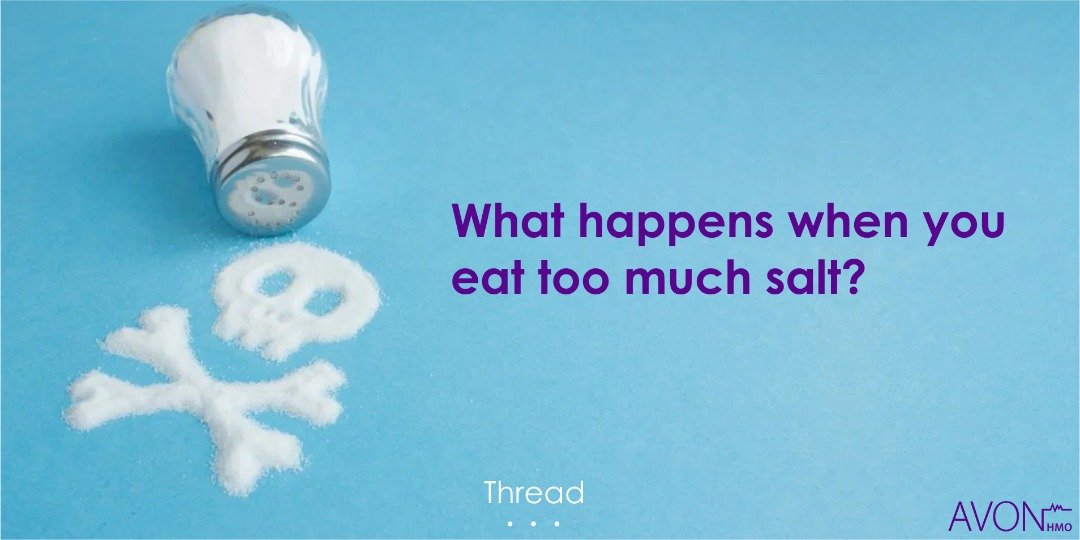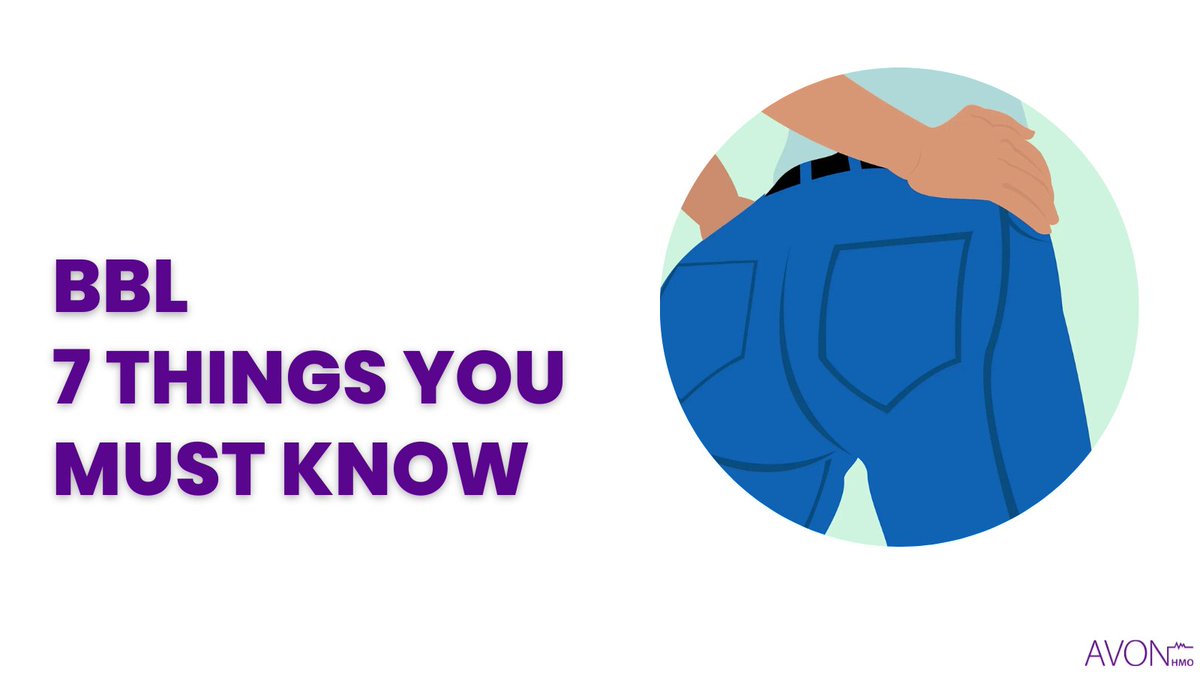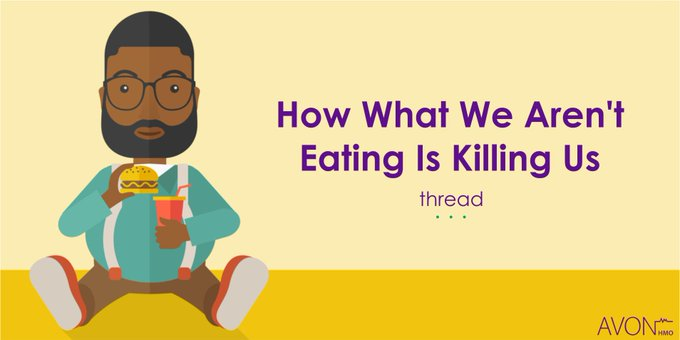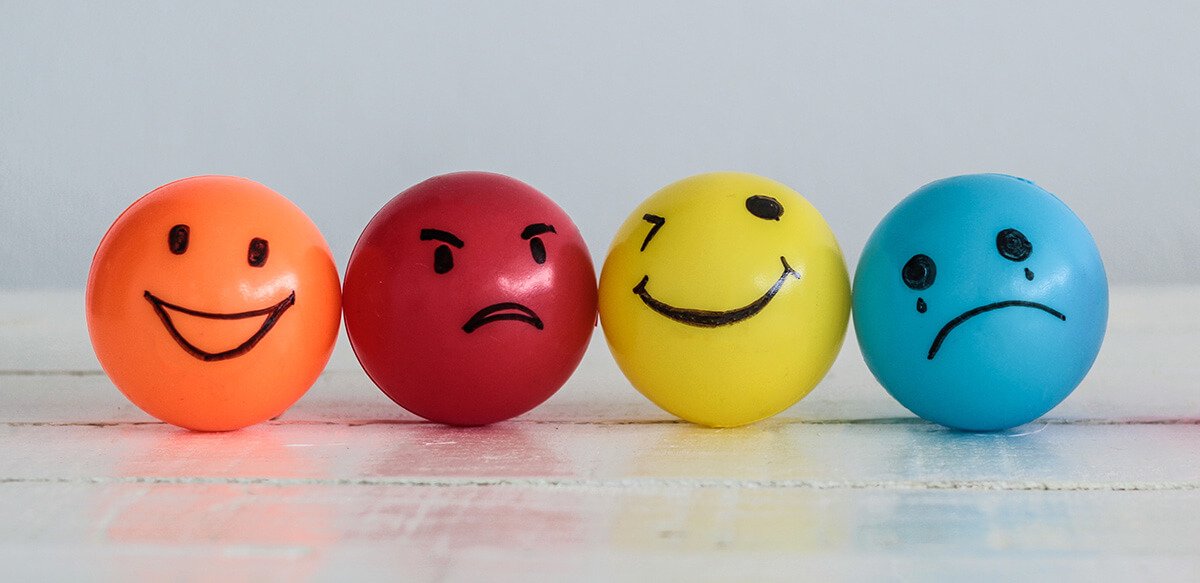Salt (sodium) is a key nutrient but too much of it can have unpleasant short and long term effects like hypertension.
But there's more, find out here...
#Thread.
#AvonsPracticalTips #HealthyLiving
But there's more, find out here...
#Thread.
#AvonsPracticalTips #HealthyLiving

1. Bloatedness
Too much salt will make you feel more bloated or puffy than usual. This is because your kidneys want to maintain a specific sodium-to-water ratio in your body. As a result, they retain more water to compensate for the extra salt you ate.
#AvonsPracticalTips
Too much salt will make you feel more bloated or puffy than usual. This is because your kidneys want to maintain a specific sodium-to-water ratio in your body. As a result, they retain more water to compensate for the extra salt you ate.
#AvonsPracticalTips
This increased water retention may result in swelling, especially in the hands and feet, and can cause you to weigh more than usual.
#AvonsPracticalTips #HealthyLiving
#AvonsPracticalTips #HealthyLiving
2. Sudden rise in blood pressure
A salt-rich meal can also cause a larger blood volume to flow through your blood vessels and arteries. This may result in a temporary rise in blood pressure.
#AvonsPracticalTips #HealthyLiving
A salt-rich meal can also cause a larger blood volume to flow through your blood vessels and arteries. This may result in a temporary rise in blood pressure.
#AvonsPracticalTips #HealthyLiving
That said, not everyone may experience these effects. For instance, research suggests that people who are salt resistant may not experience a rise in blood pressure after salt-rich meals.
#AvonsPracticalTips #HealthyLiving
#AvonsPracticalTips #HealthyLiving
3. Intense thirst
Eating a salty meal can also cause you to have a dry mouth or feel very thirsty. Encouraging you to drink is another way in which your body tries to correct the sodium-to-water ratio.
#AvonsPracticalTips #HealthyLiving
Eating a salty meal can also cause you to have a dry mouth or feel very thirsty. Encouraging you to drink is another way in which your body tries to correct the sodium-to-water ratio.
#AvonsPracticalTips #HealthyLiving
The resulting increase in fluid intake can cause you to urinate more than usual. If not, your body’s sodium levels may rise above a safe level, resulting in a condition known as hypernatremia.
#AvonsPracticalTips #HealthyLiving
#AvonsPracticalTips #HealthyLiving
Hypernatremia can cause water to leach out of your cells and into your blood, in an attempt to dilute the excess sodium. If left untreated, this fluid shift can result in confusion, seizures, coma, and even death.
#AvonsPracticalTips #HealthyLiving
#AvonsPracticalTips #HealthyLiving
4. Hypertension
Research suggests that salt-rich diets significantly increase blood pressure and that lowering the salt content of a person’s diet can help lower their blood pressure levels.
#AvonsPracticalTips #HealthyLiving
Research suggests that salt-rich diets significantly increase blood pressure and that lowering the salt content of a person’s diet can help lower their blood pressure levels.
#AvonsPracticalTips #HealthyLiving
5. Stomach cancer risk
Several studies link a high salt diet to a higher risk of stomach cancer.
healthline.com/health/gastric…
#AvonsPracticalTips #HealthyLiving
Several studies link a high salt diet to a higher risk of stomach cancer.
healthline.com/health/gastric…
#AvonsPracticalTips #HealthyLiving
The mechanism behind salt’s effect on stomach cancer isn’t fully understood. However, experts believe that salt-rich diets may make a person more vulnerable to stomach cancer by causing ulcers or inflammation of the stomach lining.
#AvonsPracticalTips
ncbi.nlm.nih.gov/pmc/articles/P…
#AvonsPracticalTips
ncbi.nlm.nih.gov/pmc/articles/P…
So is it possible to overdose on salt?
Fatal salt overdoses are rare, as they require people to consume amounts of salt nearing 0.2–0.5 grams per kg of body weight. This would amount to 35–70 grams of salt (2–4 tablespoons) for a person weighing 70 kg.
#AvonsPracticalTips
Fatal salt overdoses are rare, as they require people to consume amounts of salt nearing 0.2–0.5 grams per kg of body weight. This would amount to 35–70 grams of salt (2–4 tablespoons) for a person weighing 70 kg.
#AvonsPracticalTips
People with health conditions like heart failure, as well as liver or kidney disease, may experience fatal effects if they routinely consume more than 10 grams of sodium per day. That’s equivalent to around 25 grams of salt.
#AvonsPracticalTips #HealthyLiving
#AvonsPracticalTips #HealthyLiving
Research suggests that the average individual currently consumes around 9–12 grams of salt per day, with processed foods being the highest contributor.
#AvonsPracticalTips #HealthyLiving
#AvonsPracticalTips #HealthyLiving
As a result, health authorities generally recommend people limit their sodium intake to 1,500–2,300 mg per day. This is equivalent to 3.8–5.8 grams of salt each day or 2/3–1 teaspoon.
#AvonsPracticalTips #HealthyLiving
#AvonsPracticalTips #HealthyLiving
What to do if you’ve eaten too much salt
There are a few ways in which you can help your body compensate for a high salt meal.
A. Make sure you drink sufficient amounts of water to help your body regain its desired sodium-to-water ratio.
#AvonsPracticalTips #HealthyLiving
There are a few ways in which you can help your body compensate for a high salt meal.
A. Make sure you drink sufficient amounts of water to help your body regain its desired sodium-to-water ratio.
#AvonsPracticalTips #HealthyLiving
B. You can also try eating foods that are rich in potassium, such as fruits, vegetables, legumes, nuts, seeds, and dairy. Together with sodium, potassium is a nutrient that plays a key role in maintaining your body’s fluid balance.
#AvonsPracticalTips #HealthyLiving
#AvonsPracticalTips #HealthyLiving
C. You may try to reduce the amount of salt you consume in other meals. Keep in mind that 78–80% of the salt you eat comes from processed foods or restaurant meals.
#AvonsPracticalTips #HealthyLiving
#AvonsPracticalTips #HealthyLiving
In conclusion...
Eating too much salt can have a range of effects. In the short term, it may cause bloating, severe thirst, and a temporary rise in blood pressure. In severe cases, it may also lead to hypernatremia, which, if left untreated, can be fatal.
#AvonsPracticalTips
Eating too much salt can have a range of effects. In the short term, it may cause bloating, severe thirst, and a temporary rise in blood pressure. In severe cases, it may also lead to hypernatremia, which, if left untreated, can be fatal.
#AvonsPracticalTips
In the long term, high salt diets may cause a rise in blood pressure and increase the risk of stomach cancer, heart disease, and premature death. However, more research is needed to determine if these effects apply equally to everyone.
#AvonsPracticalTips #HealthyLiving
#AvonsPracticalTips #HealthyLiving
• • •
Missing some Tweet in this thread? You can try to
force a refresh









